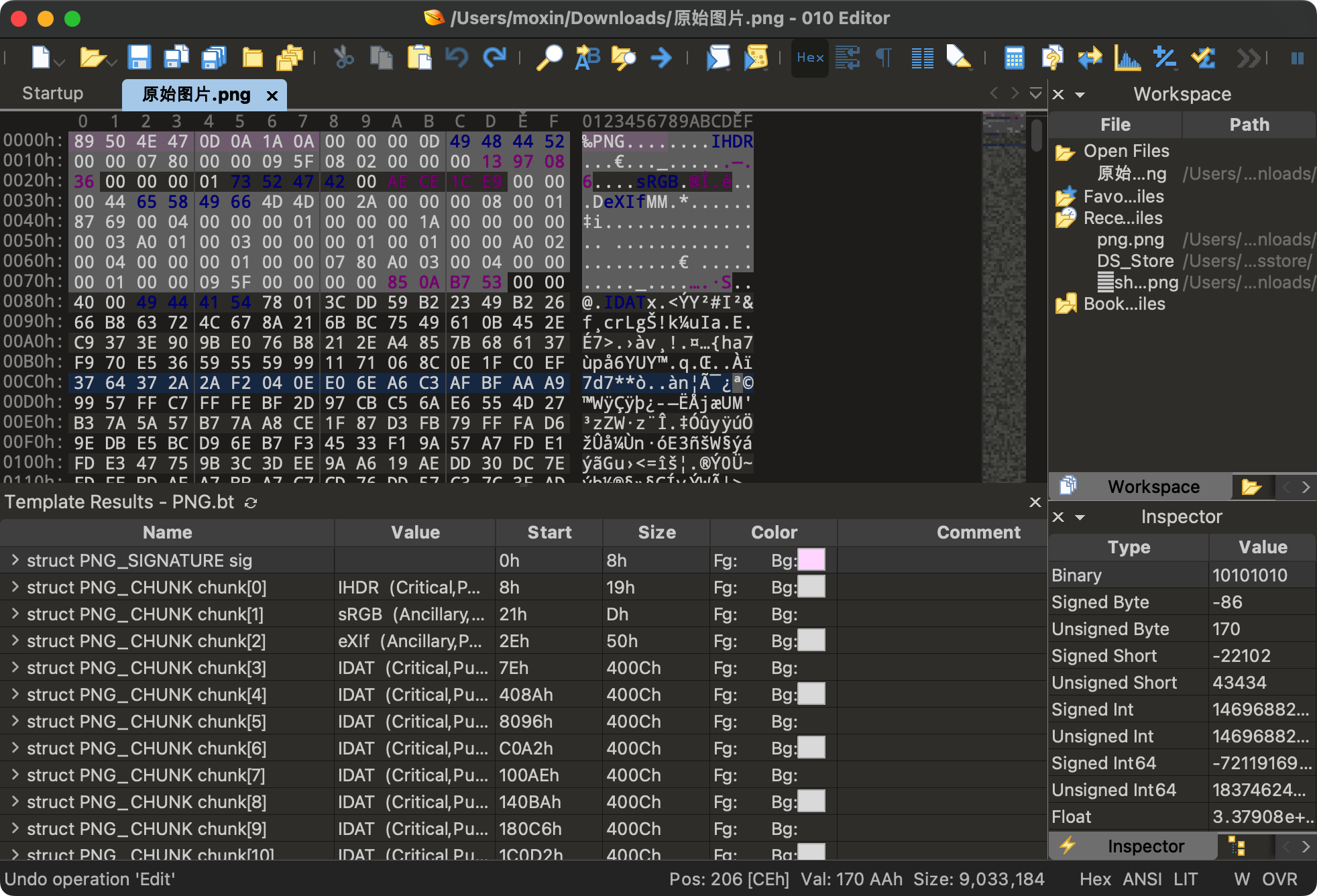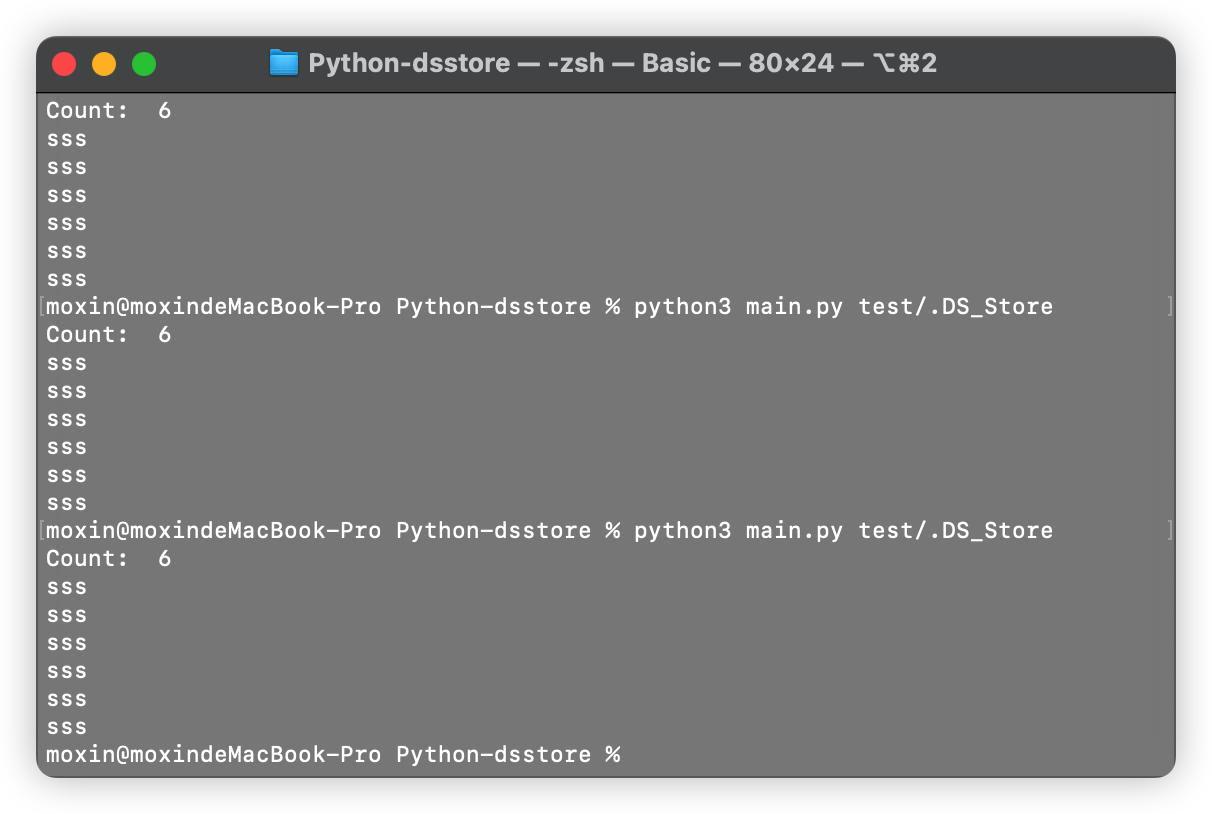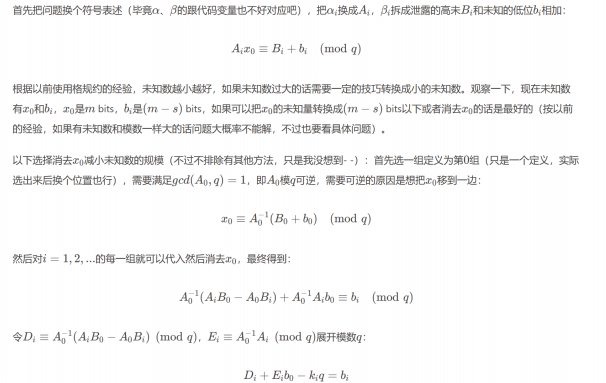原理
Foremost可以依据文件内的文件头和文件尾对一个文件进行分离,或者识别当前的文件是什么文件。比如拓展名被删除、被附加也仍然可以对其分离。

使用
安装:
需要使用这个工具,首先我们需要安装他,在Linux系统中,我们可以直接apt install foremost中进行安装。
使用:
这样会直接指定一个文件进行分析,然后输出到output文件夹下
1
| foremost -I file -o output
|
这里 -o 后面的参数就是输出的路径,-i则是指定一个文件,当然这个-i你也可以去掉(做题速度很关键)
当然,foremost的使用肯定不止这么一点点,不然也不会成为“神器”被我们放到这里。
我们使用foremost-h之后,会有下面的文档:
1
2
3
4
5
6
7
8
9
10
11
12
13
14
15
16
17
18
19
20
21
22
23
24
25
26
27
28
29
30
31
| foremost version 1.5.7 by Jesse Kornblum, Kris Kendall, and Nick Mikus.
$ foremost [-v|-V|-h|-T|-Q|-q|-a|-w-d] [-t <type>] [-s <blocks>] [-k <size>]
[-b <size>] [-c <file>] [-o <dir>] [-i <file]
-V - display copyright information and exit
-t - specify file type. (-t jpeg,pdf ...)
-d - turn on indirect block detection (for UNIX file-systems)
-i - specify input file (default is stdin)
-a - Write all headers, perform no error detection (corrupted files)
-w - Only write the audit file, do not write any detected files to the disk
-o - set output directory (defaults to output)
-c - set configuration file to use (defaults to foremost.conf)
-q - enables quick mode. Search are performed on 512 byte boundaries.
-Q - enables quiet mode. Suppress output messages.
-v - verbose mode. Logs all messages to screen
|
对其翻译之后,内容有下:
1
2
3
4
5
6
7
8
9
10
11
12
13
14
15
16
17
18
19
20
21
| -V-显示版权信息并退出
-t-指定文件类型。(-t jpeg,pdf…)
-d-启用间接块检测(对于UNIX文件系统)
-i-指定输入文件(默认为stdin)
-a-写入所有标头,不执行错误检测(损坏的文件)
-w-仅写入审核文件,不将任何检测到的文件写入磁盘
-o-设置输出目录(默认为输出)
-c-设置要使用的配置文件(默认为forest.conf)
-q-启用快速模式。在512字节边界上执行搜索。
-Q-启用静音模式。抑制输出消息。
-v-冗余模式。将所有消息记录到屏幕。
|
其实我们上面提到的主要使用方法已经能满足我们日常使用了,所以这些复杂的我们就只在这里说明。
补充
是的,我们QQ群里的机器人也已经加入了foremost功能了!对于需要分离的文件我们只需要按照如下的过程操作即可:


接着我们就能在返回的报告中看到我们的结果哦!













